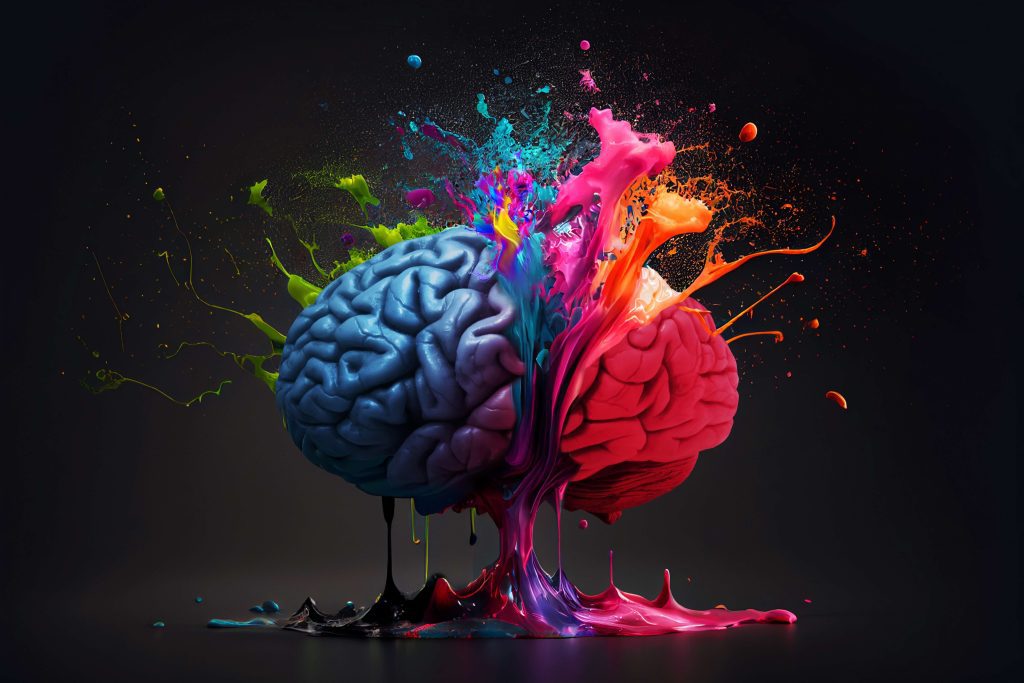Art Therapy for Addiction: Benefits of Art Therapy in Recovery
In the journey of addiction recovery, traditional treatment methods like counseling, therapy, and medication are often at the forefront. However, there is a growing interest in art therapy as a complementary treatment for those battling substance abuse. This unique approach offers emotional healing and provides a creative outlet for individuals struggling with addiction. In California, where creativity thrives, art therapy is becoming a vital part of many recovery programs, including at Lifescape Recovery.

What is Art Therapy?
Art therapy is a form of expressive therapy that uses creative processes—such as drawing, painting, sculpture, and other forms of visual art—as a way for individuals to express their feelings, reduce stress, and explore their emotions in a non-verbal way. It is particularly effective for individuals who find it difficult to express themselves through traditional talk therapy.
The goal of art therapy in addiction recovery is not to produce aesthetically pleasing artwork but to use the process of creation to address emotional conflicts, manage stress, and foster self-awareness. At Lifescape Recovery, art therapy is offered as part of a holistic approach to healing, helping individuals on their path to sobriety.
Benefits of Art Therapy in Addiction Recovery
Art therapy offers several benefits that make it a powerful tool in the recovery process:
- Emotional Release: Addiction often stems from unresolved emotional issues or trauma. Art therapy provides a safe and non-judgmental environment where individuals can release and explore those suppressed emotions.
- Self-Expression: Many individuals struggling with addiction have difficulty expressing their thoughts and feelings. Art therapy allows them to communicate their inner world through creative means, which can lead to insights and breakthroughs in their recovery journey.
- Stress Reduction: Research demonstrates that the creative process alleviates stress and anxiety, two factors that can lead to relapse. By engaging in art therapy, individuals can find a calm and mindful state, promoting emotional stability.
- Improved Self-Esteem: Completing a piece of artwork, regardless of the skill level, can give individuals a sense of accomplishment and improve their self-esteem. This feature is especially important for individuals in recovery, as addiction can often erode self-worth.
- Enhanced Problem-Solving Skills: Creating art requires problem-solving and decision-making. These skills are essential in recovery, where individuals need to learn how to handle life’s challenges without turning to substances.
- Building Connections: Art therapy often takes place in group settings, which promotes a community spirit and shared experience. Such an approach can help reduce feelings of isolation and create bonds among individuals in recovery.


At Lifescape Recovery in California, art therapy is a core part of the holistic treatment approach. We believe that healing goes beyond traditional therapy and that creative expression is key to addressing the deep emotional roots of addiction. Whether through painting, drawing, or sculpture, our trained art therapists guide individuals in exploring their feelings, identifying triggers, and working through difficult emotions in a supportive environment.
Published: September 23, 2024
Last Updated: June 02, 2025

Published: February 20, 2026
IOP Program for Depression
Summary: Depression is one of the most common mental health conditions in the United States, affecting an estimated 21 million adults each year. It causes persistent changes in mood, energy, motivation, sleep, and concentration that interfere with daily functioning, work, and relationships. IOP program for depression provides structured, evidence-based treatment — including individual therapy, group […]
Read more
Published: February 05, 2026
Intensive Outpatient Program for Anxiety
Summary: Anxiety disorders are the most common mental health conditions in the United States, affecting an estimated 40 million adults each year according to the National Institute of Mental Health. While temporary anxiety is a normal response to stress, anxiety disorders involve persistent, excessive worry and fear that interfere with daily functioning, relationships, and quality […]
Read more
Published: January 26, 2026
OCD vs. Autism: Understanding the Differences
Obsessive-compulsive disorder (OCD) and autism spectrum disorder (ASD) are often confused with one another. Both can involve repetitive behaviors, rigid routines, sensory sensitivities, and distress when things feel “off.” From the outside, the overlap can look striking. But in clinical treatment, the why behind those behaviors matters just as much as the behaviors themselves. At […]
Read more
